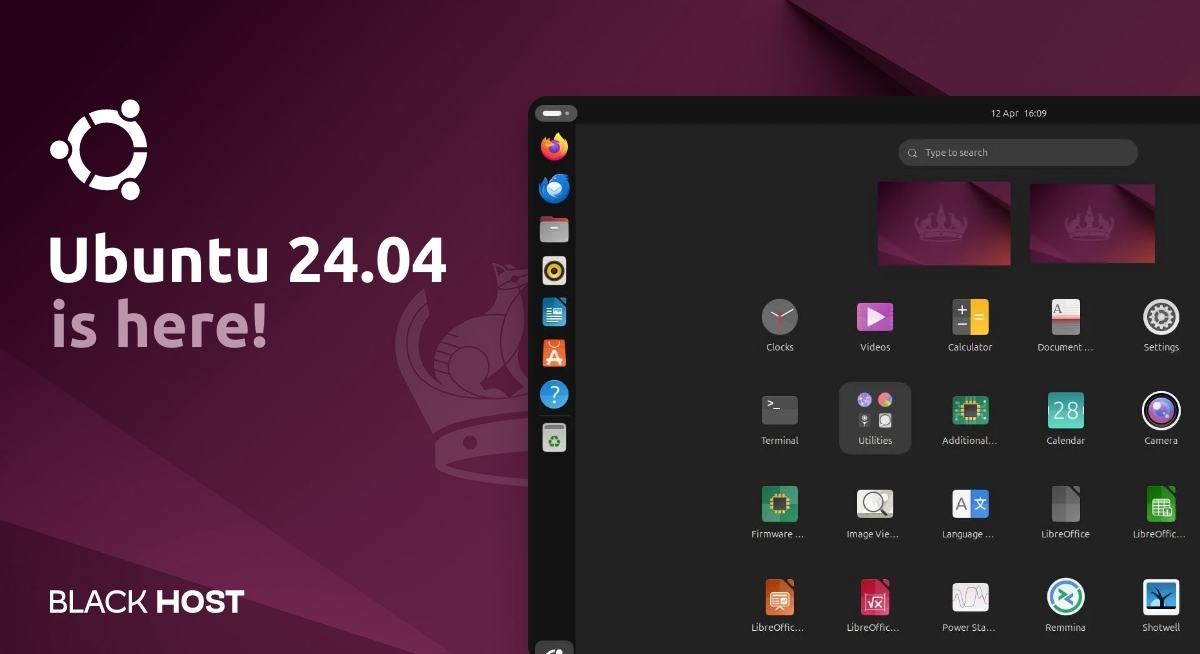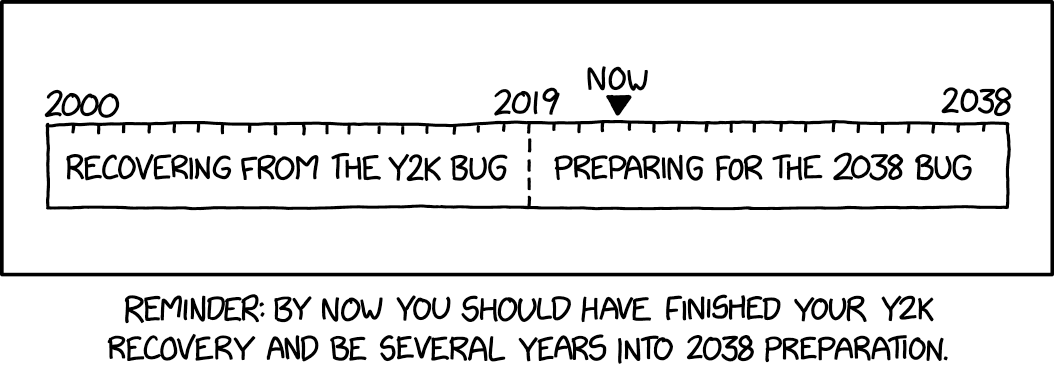
Finally, the long-awaited version of Ubuntu is here after some initial delay due to major security issues related to the XZ compression library, which had a hidden backdoor since February 26th, allowing the attacker to gain SSH access. In general, this was not a Ubuntu-related issue, and even though the compromised package was not included in any of the Ubuntu beta builds, the Canonical team took extra time to validate if everything was in order prior to the official beta release.
So, after many hours of development and testing, congratulations are in order for the whole Canonical team and the entire open-source community on the successful release of the next-generation LTS (Long-Term Support) Ubuntu, or Ubuntu 24.04 Noble Numbat.
Staying true to tradition, Ubuntu’s latest release puts this numbat on the throne. But does this noble creature bring enough new features to the round table to justify your trust? Given that we already have this release available for our VPS customers, the answer is obvious, but for the sake of this article, let’s pretend we don’t know the answer yet 🙂
What’s new in Ubuntu 24.04 LTS?
Similar to all previous LTS releases, Ubuntu 24.04 will be supported for five years, up until June 2029, with extended security updates until April 2034. In the following weeks, the users of Ubuntu 23.10 will receive an offer to upgrade to 24.04 automatically, and the users of 22.04 LTS will get the same offer in mid-August this year.
The year 2038 problem
To start with, Ubuntu 24.04 fixed the Y2K38 superbug caused by storing the UNIX time as a 32-bit integer. This would have caused an integer overflow at 03:14:07 UTC on 19 January 2038, making our computers quickly travel to the 13th of December 1901. I lived through the Y2K problem, and I’m happy that Ubuntu has led the initiative in solving such “time” issues on time, thus killing any possibilities for paranoia and scaremongering as it was back in the 2000s. Ubuntu took up the challenge and updated thousands of packages to use 64-bit integers, thus making this an issue for future programmers in the year 292277026596 or the Y2B96 bug.

Kernel and networking upgrades
The next big thing is, as always, a new kernel.
Ubuntu 24.04 comes with kernel version 6.8 which brings tons of new features, like: EEVDF scheduler, BcacheFS, 4096 CPU KVM, and tons of other things, which are a reason for an article on its own, so if you feel that you’re up to reading feel free to check this post.
Ubuntu 24.04 upgraded to Netplan 1.0, a declarative network management tool that just officially debuted after seven years of active development under Netplan v1.0. Just as is the case with any other tool that is introducing software-defined kick in its field of work, we believe that netplan has already revolutionized network management on Linux devices, and with its support for InfiniBand devices, we can confidently say that Ubuntu made the right choice. And while we’re at it, feel free to check out our latest guide on how to make static IPv6 configuration using Netplan on Ubuntu 24.04, configuring IPv6 has never been easier, right?
On the other hand, this release uses systemd v255.4 as the init system manager, it brings us updates in various toolchains like GCC, Python ( v3.12 is the default now ), Rust, Golang, .Net, etc., thus making Ubuntu a more desirable development platform as well.
Security and Performance first
How Canonical tackled the whole XZ issue, and the changes they are introducing in each next release make a clear statement about their goals, making Ubuntu highly performant and one of the most secure Linux distributions. Ubuntu 24.04 is proof of this as it is packed with a lot of performance and security improvements, such as:
- Introducing performance toolkits for Ubuntu, thus raising the bar on performance management.
- irqbalance is no longer installed by default, as nowadays, the kernels are more than capable of handling high CPU workloads
- Apparmor now has support for unprivileged user namespace restrictions
- TLS 1.0, 1.1, and DTLS 1.0 are disabled by default
- APT disables 1024-bit RSA APT repository signing keys
- PPTP is removed as it is considered unsafe
Improved web hosting and cloud stacks
Just like the development toolkit, the server-side components received their fair share of upgrades:
- Apache2’s default version is v2.4.58. Check this Apache Lounge changelog to see the most recent updates in Apache2.
- Nginx comes in version 1.24, which is a major jump from the previous release.
- PHP has been to 8.3.6, which is the current latest PHP version, we highly recommend this php.watch to keep up to date with the latest changes in the PHP world, as the PHP Foundation has ramped up the development in the past year.
- Ubuntu 24.04 puts focus on containers and virtualization, as we can see from the updates and the support of the latest virtualization and container tools like: Containerd 1.7.12, Docker 24.0.7, libvirt v10.0.0, LXD 5.21.0 LTS, QEMU v8.2.1
For the sake of this article, we are showcasing just a tiny part of the critical components that make up the web. You can checkout the official Noble Numbat release notes if you want to get more details about all the new updates it introduces.
So, is it worth it?
In addition to the things pointed out above, Ubuntu 24.04 comes packed with support for cloud environments, extended support for virtualization tools mentioned above, clustered filesystems like GlusterFS and Ceph, and high availability clustering tools such as Open Stack and open vSwitch.
All of this combined with Canonical streamlining effort, makes this Ubuntu release one of the best Ubuntu releases ever, thus worthy of the title noble update.
Our final verdict is to definitely upgrade to this release. The rule of thumb is to follow Ubuntu’s official guidelines and wait for the proper timing if you plan to perform a system upgrade. But if this article hyped you so much that you can’t wait anymore, you can always migrate to a brand-new install.
As of today, Ubuntu 24.04 is available for all of our unmetered VPS hosting plans. If you’re a customer interested in migration, write to us, and we will provide you with a free instance where you can migrate your data.


